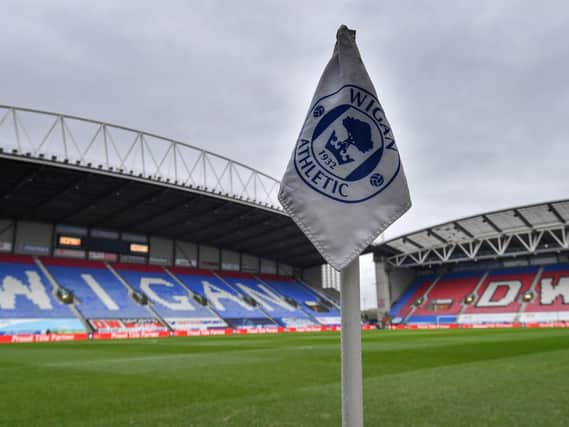How did Wigan Athletic owner pass the 'fit and proper' test?


He lied and deceived the UK-based directors about his plan.
So how, many are asking, did he pass the EFL's fit and proper test - or, to use its correct name, the owners' and directors' test?
The report into why Latics' appeal against their 12 point penalty shows that, in early May, Au Yeung did just that. Then a new director - rather than owner - the EFL confirmed he was "not subject to disqualifying conditions".
Advertisement
Hide AdAdvertisement
Hide AdSince the club went into administration, many fans and journalists have been investigating Au Yeung, and one of few details online about him is that he was made bankrupt in 2004. That wouldn't necessarily have prevented him becoming a company director 16 years later but that, and the very few facts available about who he is, raised concerns.
But, as far as the owners' and directors' test was concerned, there were no disqualifying conditions.
What were those disqualifying conditions?
Making sure he didn't have a criminal record, ensuring he has "long-term interests of the business" and that he does not lack integrity.
The general rule is that if you are allowed to own a British company, you are most likely allowed to run an English football club.
Advertisement
Hide AdAdvertisement
Hide AdAnd while a background check may not have presented any red flags - and he could show proof of funds - clearly it is harder to test someone's long-term intentions, or gauge their integrity.
It's easy for a millionaire to show an impressive bank balance; much harder to prove that the money will be spent on the club.
The report published today even states Au Yeung "committed to fund the club for the next two years and stated his ambition to reach the Premier League."
Which is why there have been calls for a stricter test or, perhaps, money to be held in a bond in case an owner decides to suddenly pull out.
Advertisement
Hide AdAdvertisement
Hide AdBut the trouble is, any vote to the EFL's test must be voted on - by the clubs themselves.
And would they choose to bring in stricter measures which, down the track, may restrict their own chances of selling their club?
The panel of three leading barristers which heard Latics' independent appeal says relying on an owner to bankroll a club is a risk - which is heightened when they have no ties to the club or game here.
"A club that is dependent on its owners... to bridge the gap between income and expenditure must inevitably run the risk that the funder will cease to be willing or able (whether lawful or not) to continue to fund," the report read.
"This is especially true in circumstances in which the owner has no obvious connection to English football in general, or Wigan in particular."